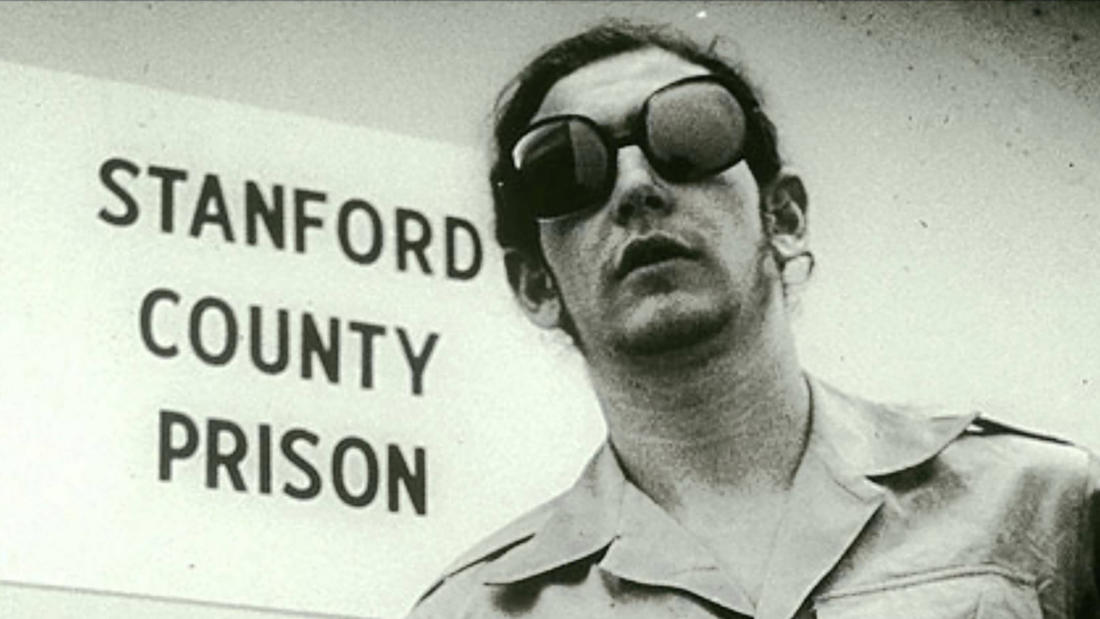
The Nightlight Akron, OH
Jennifer Bazar
Assistant Director, Cummings Center for the History of Psychology
The Stanford Prison Experiment— Ethics of human research
Program Description
The Stanford Prison Experiment is one of the best-known experiments in psychology’s history – and one of the most notorious. As a result, there is a lot of myth and outright misinformation surrounding it. Jennifer Bazar’s presentation will provide an overview of what we know, focusing on why a mock prison was constructed at Stanford University, what the students experienced during their time as either “guards” or “prisoners,” and why the experiment was cut short. She will then look at the aftermath of the experiment and how it took on the persona of “research gone awry.” Key to all of this is how the Stanford Prison Experiment has been used to debate the ethics of human research since the 1970s, a discussion that has seen resurgences over time due in part to public reflections by those directly involved in the experiment as well as events such as the abuse of detainees in the Abu Ghraib prison in Iraq.
Presented At
The Nightlight Akron, OH
Film Synopsis
In 1971, Stanford Professor Philip Zimbardo conducts a controversial psychology experiment in which college students pretend to be either prisoners or guards, but the proceedings soon get out of hand.
In this tense, psychological thriller based on the notorious true story, Billy Crudup stars as Stanford University professor Dr. Philip Zimbardo, who, in 1971, cast 24 student volunteers as prisoners and guards in a simulated jail to examine the source of abusive behavior in the prison system. The results astonished the world, as participants went from middle-class undergrads to drunk-with-power sadists and submissive victims in just a few days.
About the Speaker
Jennifer Bazar is the Assistant Director of the Cummings Center for the History of Psychology. She holds a doctorate in psychology, with a specialization in the history of psychology. Jennifer directs the content development for exhibits and public programming at the National Museum of Psychology and teaches in The University of Akron’s Museums & Archives Certificate and Public Humanities Certificate programs. She is a passionate supporter of public history and community engagement and was recently named an Akron Community Engaged Scholar (ACE) by the Experiential Learning Center at The University of Akron. You’re most likely to run into her either leading a tour through the National Museum of Psychology or hosting a meeting of the Akron Postcard Club.